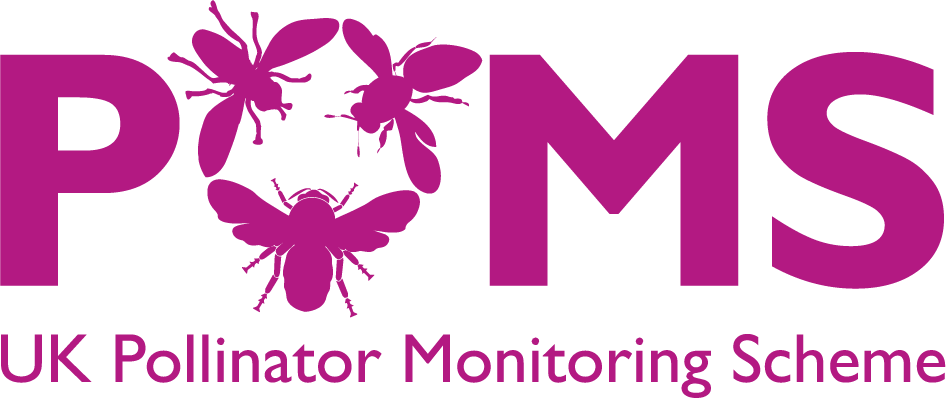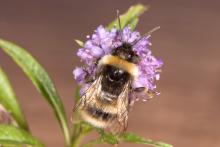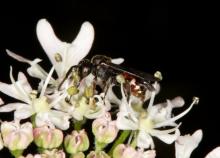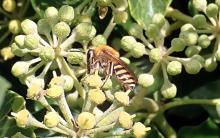Thank you for completing the PoMS participant questionnaire
Thank you very much to everyone who completed the questionnaire in February and March 2022, carried out by Birdsong with funding from JNCC, and told us more about your experience with the UK PoMS citizen science project. We are delighted to have received 424 responses, and we are now able to share the results with you.





